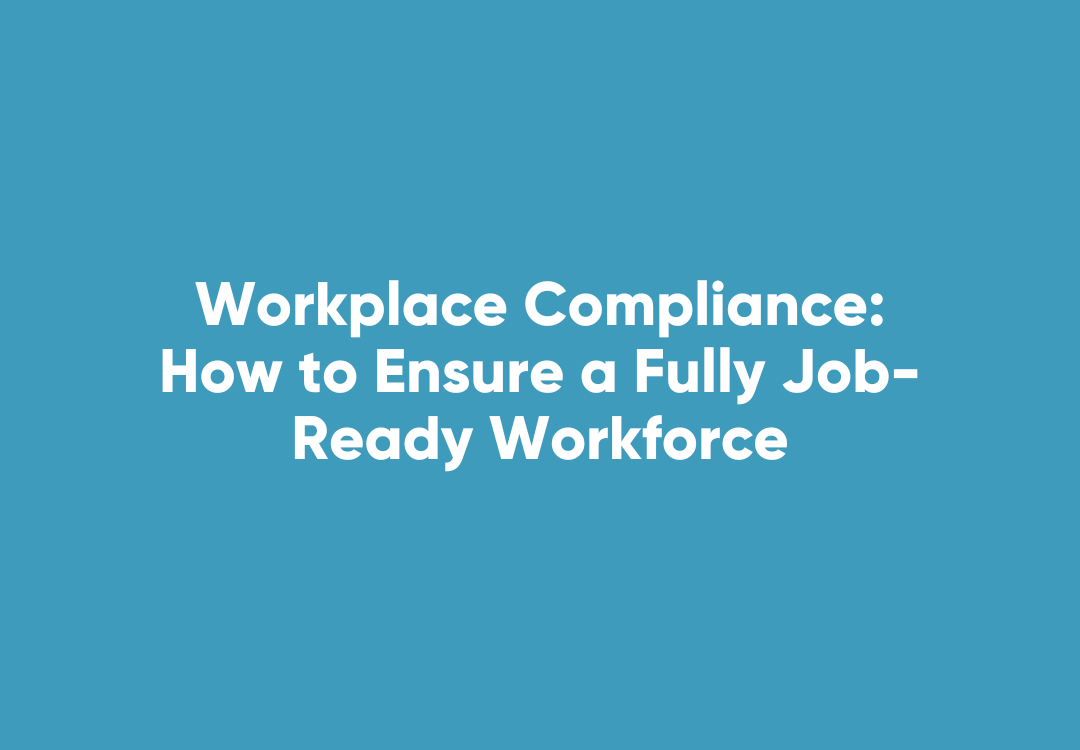The Critical Importance of a Respectful Workplace: A Compliance Perspective
The Historical Landscape
In 1984, the introduction of the Sex Discrimination Act in Australia was met with significant opposition, stirring fears that it would dismantle family values and undermine social fabric. The same fervour surrounds discussions about workplace respect today. However, while the landscape has evolved, the urgency to maintain respectful workplaces has never been more critical.
The Hard Numbers: Why Respect Matters
Let's not ignore the data:
- 7.5% of Australians had an affective mental disorder affecting their work in 2020-2021.
- 1 in 3 people were sexually harassed at work in the past five years.
- $2.6 billion was lost due to workplace sexual harassment in the Australian economy.
These statistics indicate a looming crisis that needs to be addressed urgently from a compliance standpoint. The risks are not just ethical but also financial.
Legal Considerations
There are multiple sources of legal obligations, ranging from discrimination and workers' compensation to general protections and unfair dismissal. Legislation like the Sex Discrimination Act 1984, Fair Work Act 2009, and various State laws impose serious responsibilities on employers to ensure a safe and respectful workplace. The emergence of psychosocial hazards, such as job demands, bullying, and poor organisational justice, only adds layers of complexity to compliance requirements.
Case Examples
Instances such as Kordas v Ruba & Jo Pty Ltd and Yelda v Sydney Water Corporation shed light on what disrespect can mean in tangible terms. Violations can range from unwelcome physical contact to derogatory language, all of which are subject to legal consequences.
The Compliance Angle
From a compliance standpoint, organisations like WorkPro, which provide workforce compliance management solutions, see this as more than a responsibility—it's an imperative. A lack of respect in the workplace leads to:
- Increased compensation claims
- Higher employee turnover
- Reduced productivity
- Legal penalties
Failure to comply with guidelines can result in both financial and reputational loss. To delve deeper into this critical topic, WorkPro will be holding a comprehensive webinar aimed at equipping businesses with the necessary tools and insights to ensure full compliance with workplace respect guidelines.
The Way Forward
Recent legislative amendments have made it clear: respect in the workplace is non-negotiable. The AHRC has new powers to enforce compliance, and penalties are increasingly severe. Employers have a 'positive duty' to take reasonable measures to prevent discrimination and harassment, as per Section 47C of the Sex Discrimination Act 1984.
It's not just about legal obligations, though. A respectful workplace cultivates an atmosphere where employees feel valued and protected, thereby increasing productivity, reducing costs, and ultimately contributing to a healthier bottom line.
In summary, the importance of maintaining a respectful workplace cannot be overstated. Compliance is not just a legal necessity but also a key factor in creating a sustainable, productive, and respectful working environment.












